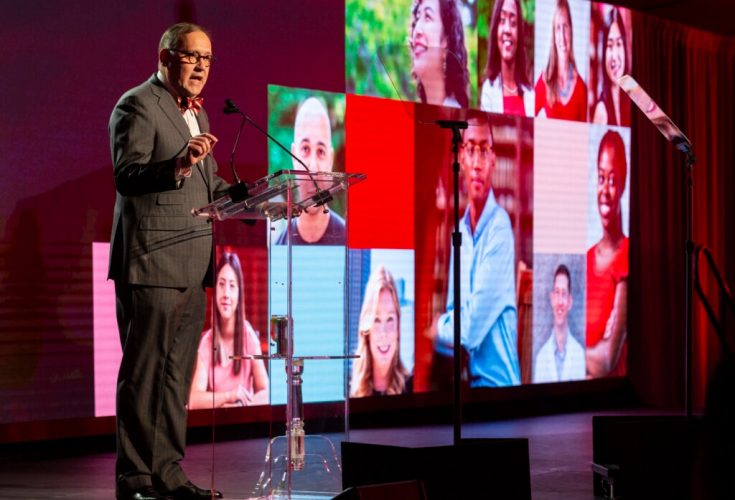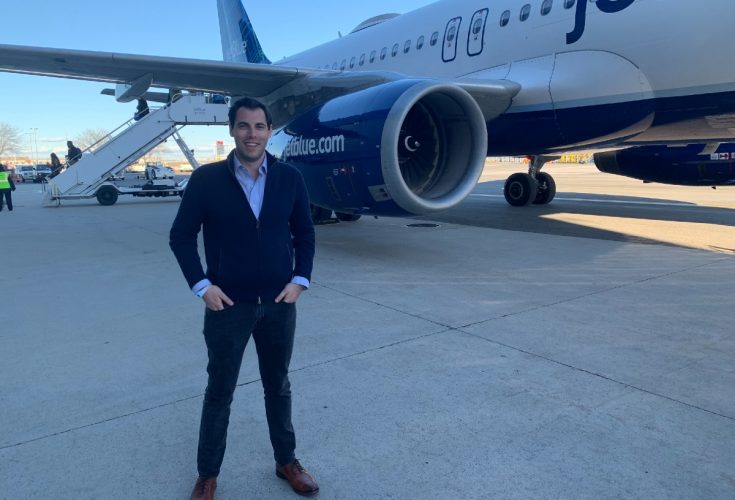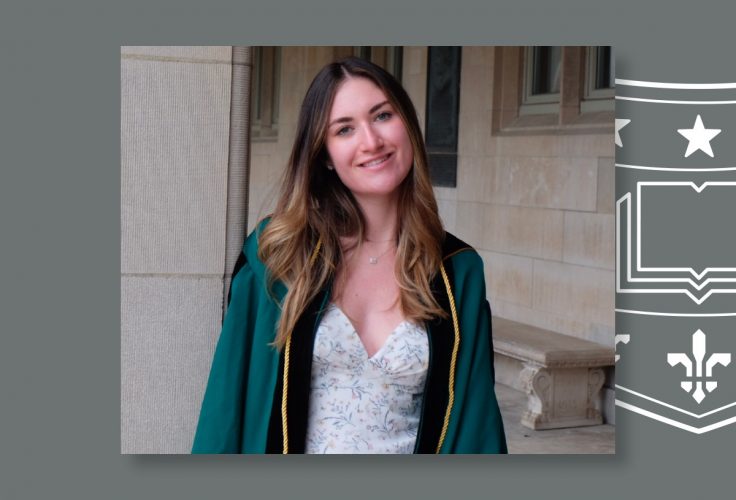Eli Snir, senior lecturer in management for WashU Olin Business School, wrote this for the Olin Blog.
When thinking about the value of business education, one invariably ends up realizing that a business school is all about integrating multiple disciplines into a coherent analysis.
Yes, business classes involve statistics, marketing, accounting, strategy and finance. But to realize the value of these, integration across disciplines is key. That’s the objective of the poster session in the Managerial Statistics II course, DAT 121, a required undergraduate course that draws mostly second-year undergraduates.

Students choose a project of their own to demonstrate the skills they learned in the class, which are primarily multiple linear regression. Throughout the semester, our student groups work on their projects to hone their skills. The poster session is the culmination of this effort. Students present their work on posters to other students, faculty and staff.
Some of the posters that students displayed
Our key motto at WashU Olin is a value-based, data-driven, approach to decision-making. Each person brings their values to bear when choosing a project to analyze. Topics encompass the vast breadth of student interests, including public health, consumer engagement, movie success, financial markets, video game industry analysis, house prices and the always-popular sports analyses. Statistics is the tool that combines all of these together.

Through rigorous analytical methods, students develop models to understand the relationships between the independent variables and their chosen dependent variable. Often, these models assist in making decisions. We are laying the foundation for a data-driven approach that should guide students throughout their professional career.
A poster session is a format that is professional while being somewhat relaxed. The diverse audience in attendance challenges students to prepare a message that is managerial while showing their technical accomplishments. Casual visitors to Olin are interested in understanding the managerial insights from these analyses.

On the other hand, faculty stop by, too. They frequently want these presentations to exemplify students’ technical skills. Questions often require students to justify the methodologies they chose and explain statistical processes that are utilized. Fortunately, Olin students shine on both accounts. They represent the success of our programs.
And don’t forget the food. We enjoyed high-quality snacks throughout the event.
Pictured at top: The author, Eli Snir, with Avi Holzman, Kate Sifferlen and Omeed Moshirfar.








